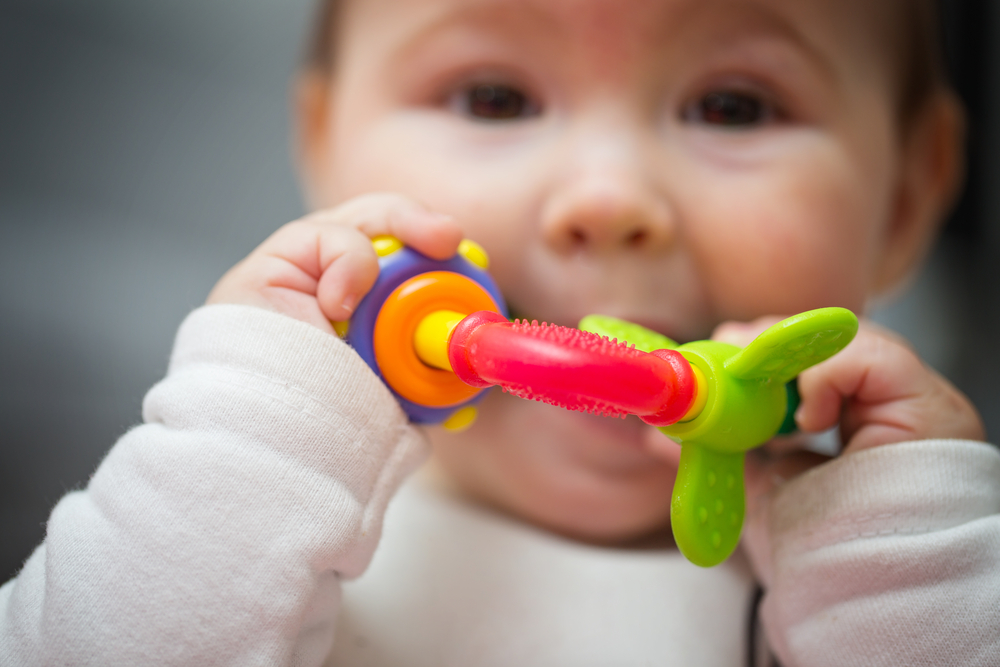the FDA cautions against using certain over-the-counter products
Others are reading now
Teething is a normal but often painful experience for infants and young children.
While many parents and caregivers seek to ease this pain, the U.S. Food and Drug Administration (FDA) cautions against using certain over-the-counter and prescription products that can pose serious risks to children.
Specifically, products containing benzocaine or lidocaine, as well as homeopathic teething tablets and jewelry, have been linked to severe injury and even death.
Risks of Benzocaine and Lidocaine Products
The FDA emphasizes that topical medications containing benzocaine or lidocaine should not be used to alleviate teething pain in children. Benzocaine, found in products like Orajel and Anbesol, can cause methemoglobinemia, a potentially fatal condition that reduces the oxygen-carrying capacity of red blood cells.
Also read
Similarly, prescription lidocaine solutions can lead to serious health issues such as heart problems, brain injury, and seizures if too much is used or if it is swallowed accidentally.
Additionally, the FDA has received reports of deaths and serious injuries from teething jewelry, which can cause choking and strangulation.
Safe Alternatives for Soothing Teething Pain
The American Academy of Pediatrics (AAP) recommends safer alternatives for easing teething discomfort.
Parents can gently rub or massage their infant’s gums with a clean finger or provide a firm rubber teething ring to chew on. It’s important to avoid using frozen teething rings, as they can be too hard and cause additional pain. Supervision is crucial to prevent choking.
For any questions about medications, parents can contact the FDA’s Division of Drug Information or report adverse effects through the FDA’s MedWatch program.


